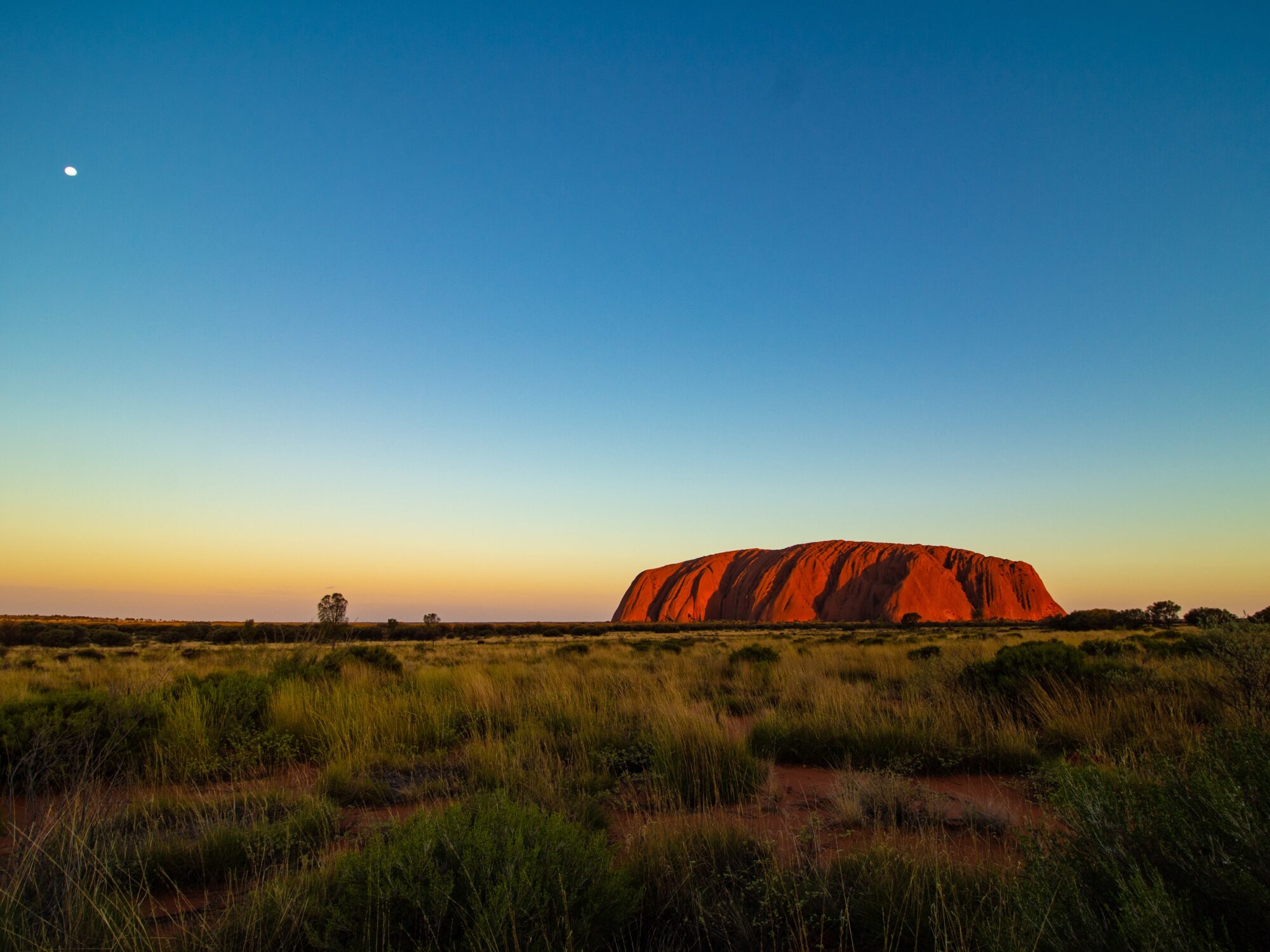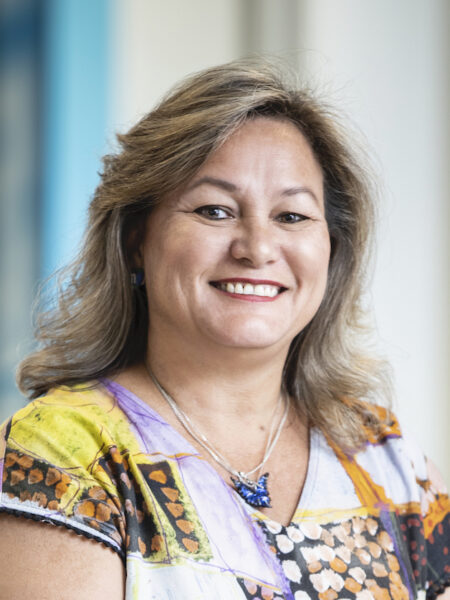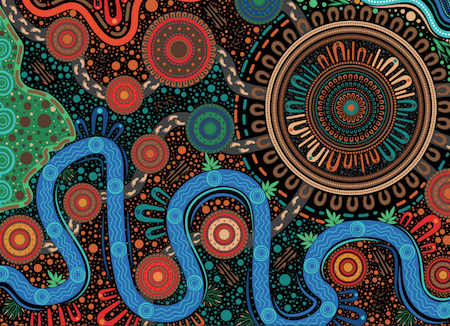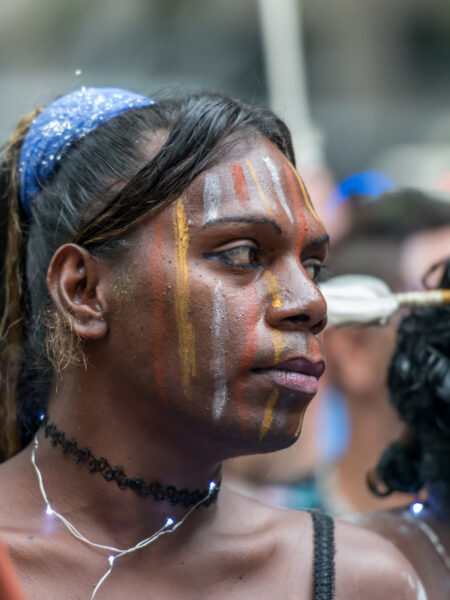Yet here in Australia we all live with the original sin of the British; their failure to ask permission to arrive on and then steal other peoples’ property. They founded their Colonies without asking the permission of the land’s owners and absorbed its resources for their own good. It was not only impolite and wrong; it set the stage for a society that carries the burden of living on stolen lands and profiting from stolen resources. A stage that no living Australian asked for.
None of us can escape the problem the British left us, yet we are responsible for correcting it. So we find ourselves at yet another crossroad along the path of Indigenous justice in Australia. A crossroad where one path seeks to continue the colonial paradigm of telling Aboriginal and Torres Strait Islander Peoples what to do and the path that seeks to strengthen Aboriginal and Torres Strait Islander Peoples’ right to self determination by respecting Indigenous directed destinies.
For too long Parliaments, both State and Federal, have made promises to Aboriginal and Torres Strait Island Peoples only to later break them. We are the only People in Australia to have our rights suspended under the Racial Discrimination Act to allow the passage of Legislation that related only to us, not once but three times (Wik affair, Hindmarsh Island affair, the Intervention). By definition those Acts were racist and almost unbelievably have occurred within my adult life. We could do nothing to stop them and had no input into the power making processes that decided them. We are the only former British Colony to have never had any Treaties signed with its Indigenous Peoples and were promised a Treaty by Hawke, only to have ATSIC delivered and later abolished by the Howard Government. These are just a few of many examples. Parliaments have proven they cannot be trusted to respect Indigenous right in Australia. Under our current structure the “fair go” depends on which side of the British arrival you stand.
Indigenous Australia has every right to be angry. We are fortunate as a Country that Aboriginal and Torres Strait Islander Peoples have not turned to domestic terrorism and are willing to work within the framework thrust upon us. The correct path for all Australians to resolve the uninvited British arrival is through Constitutional recognition, necessary for the simple fact that Parliaments giveth and Parliaments taketh. Put simply, to address the original British theft, Parliaments cannot be trusted to maintain an unchanging position with respect to Indigenous rights in Australia. Aboriginal and Torres Strait Islander Peoples’ rights in this Country and flung around like a political football and we suffer as a result. Our rights must be protected in the Nation’s original document to move forwards.
Led by ancient wisdom, we know that hate and division is not a path that will end well for anyone. We have chosen the higher ground and offered a way forwards for all. The idea of the Voice to Parliament grew from genuine and honest work on the part of Indigenous Australians and is offered as an act of grace. We want that idea to be permanent and are fortunate to live at a time when we have an opportunity to work towards enshrining mechanisms designed to deliver meaningful respect to Indigenous perspectives through Constitutional change. The continual shift in policy affecting Indigenous Australia and the lack of control over our own affairs is obvious – billions of dollars wasted and appalling outcomes despite that expense. Those failures reflect on all Australians and embarrass us on the World stage and we cannot grow as a successful, modern country while they exist. The current approach has failed for 232 years – it’s time for a different approach. The Voice is not a third Chamber of Parliament. The Voice won’t cause anyone to lose the backyard. It won’t elevate Indigenous voices in Canberra above that of the Parliament and the sky won’t fall in. What it will do is enshrine Aboriginal and Torres Strait Islander perspectives in legislation that affects Indigenous Peoples in this Country. Surely a small compensation towards addressing the British theft of our Continent?
So, as a fellow Australian, as we come towards the vote, I ask you to see The Voice as a way forwards for all of us. A way to address the mess the uninvited British arrival left us all. A tool to equip Aboriginal and Torres Strait Islander Peoples with the ability to own our future and in doing so make all Australians proud. Vote informed, vote genuinely, vote graciously.




